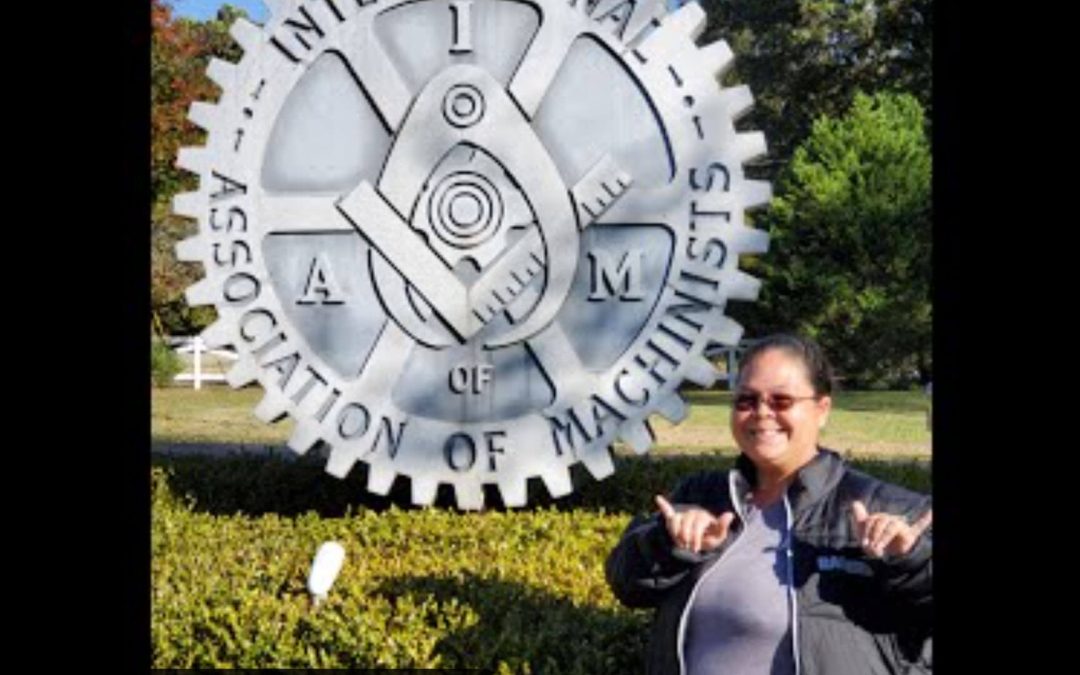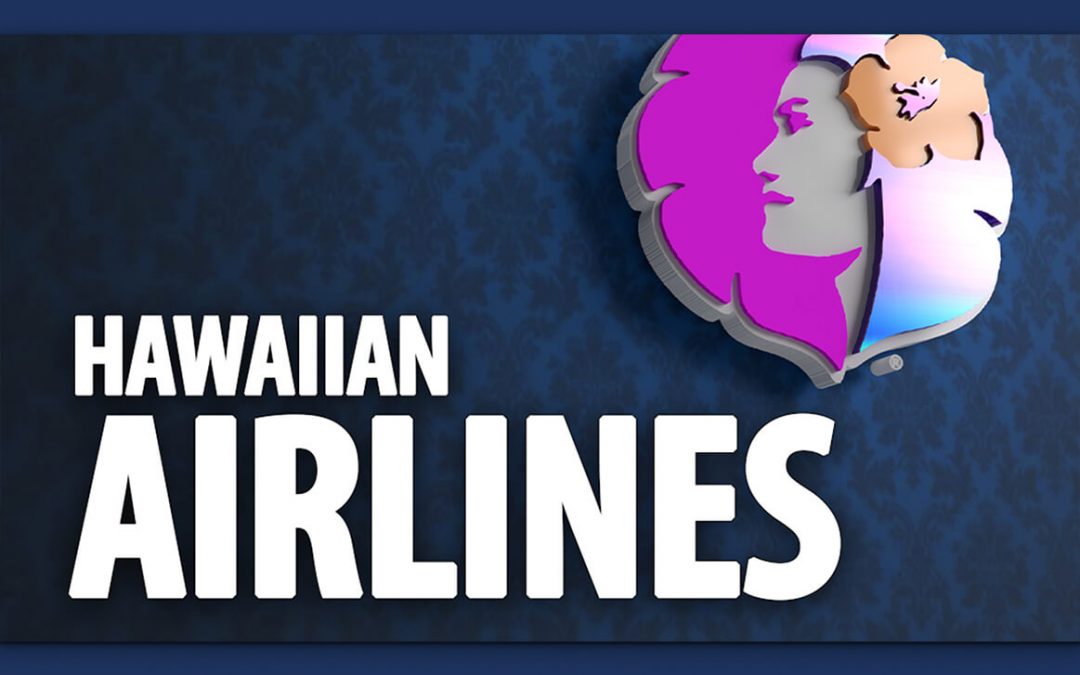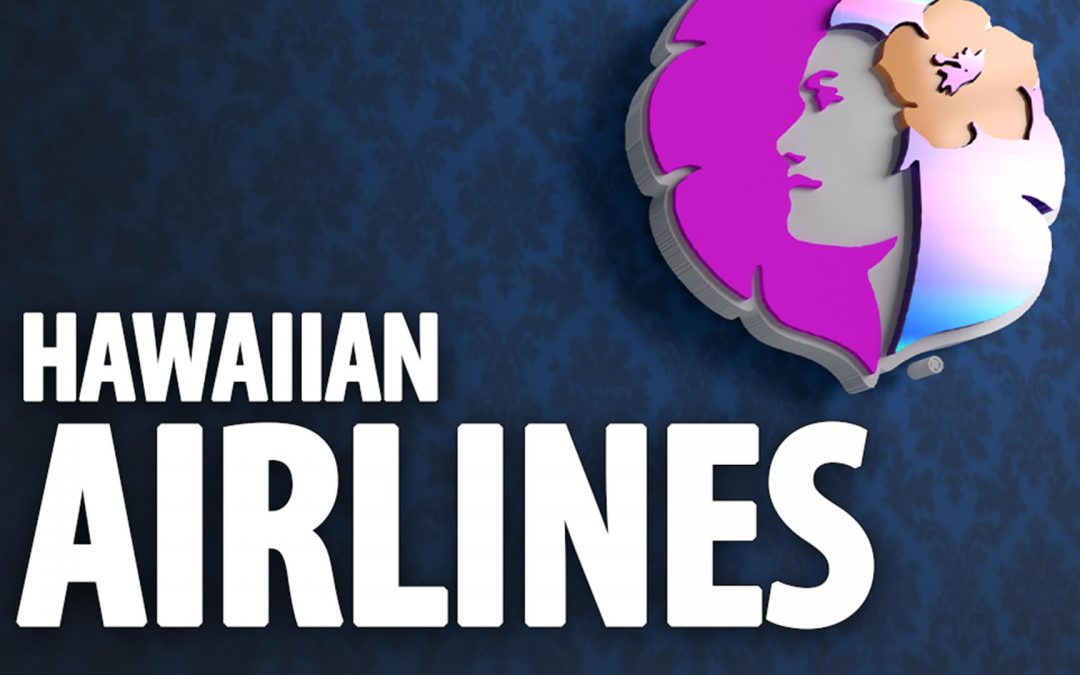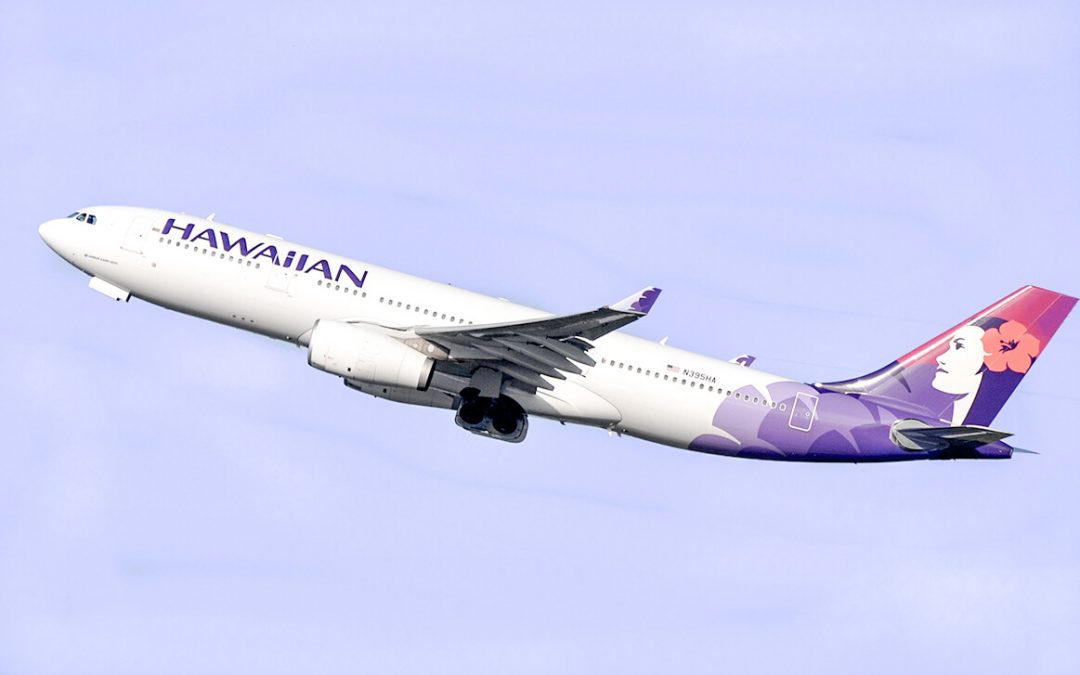
by Eric Price | Dec 17, 2021 | Front Page, Hawaiian, Page Five, Page Four, Page Three, Page Two, Perusals, Row 2, Video
IAM District Lodge 141 Report with Host Dave Lehive is a weekly podcast featuring Machinist Union Members and Allies of the Labor Movement. Our Video report airs every Friday at 2:00 PM EST (1:00 CST) on Facebook and Youtube and is also on Spotify. 141 Report: Union...

by Eric Price | Dec 11, 2021 | Front Page, Hawaiian, Organizing, Page Five, Page Four, Page Three, Page Two, Perusals, Row 2, Uncategorized
Hawaiian Airlines Negotiations Update 11 December 2021 Aloha sisters and brothers at Hawaiian Airlines, On Friday, December 10, 2021, your joint negotiations committee met in Chicago to discuss the outstanding issues remaining from our last negotiations session in Las...

by Eric Price | Nov 22, 2021 | Front Page, Hawaiian, Organizing, Page Five, Page Three, Page Two, Perusals, Row 2
Hawaiian Airlines Negotiations Update 22 November, 2021 Aloha sisters and brothers at Hawaiian Airlines, Your joint District 141 & 142 negotiation committee met this past week in Las Vegas with the company. While we were unable to conclude negotiations,...

by Eric Price | Nov 9, 2021 | Force Front page, Hawaiian, Organizing, Page Five, Page Three, Page Two, Perusals, Row 2
Hawaiian Airlines Negotiations Update November 9, 2021 Aloha Sisters and Brothers of Hawaiian Airlines, When we last communicated with you, we informed you that your joint District Lodge 141 and 142 negotiation committee had made some progress in reaching a...

by Eric Price | Sep 3, 2021 | Hawaiian, Page Five, Page Four, Page Two, Perusals, Row 2
Your Joint District 141 and 142 negotiation committee met with the company on August 30 – September 1 in San Francisco. Although some progress was made and we were able to resolve some issues on both sides of the table, no agreement was reached during this session on...

by Eric Price | Aug 17, 2021 | Front Page, Hawaiian, Page Five, Page Four, Page Three, Page Two, Perusals, Row 2
Hawaiian Airlines Will Require Employee Vaccinations for COVID-19 Last week, Hawaiian Airlines announced plans to require all US-based employees to be vaccinated against COVID-19. The new policy will make Hawaiian the fourth airline to issue a vaccine requirement for...







